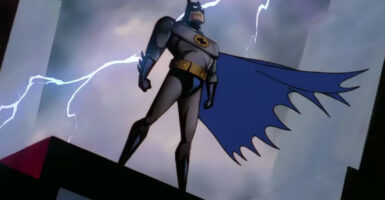Harry Potter Reboot Gets Chance To Fix Franchise’s Biggest Problem
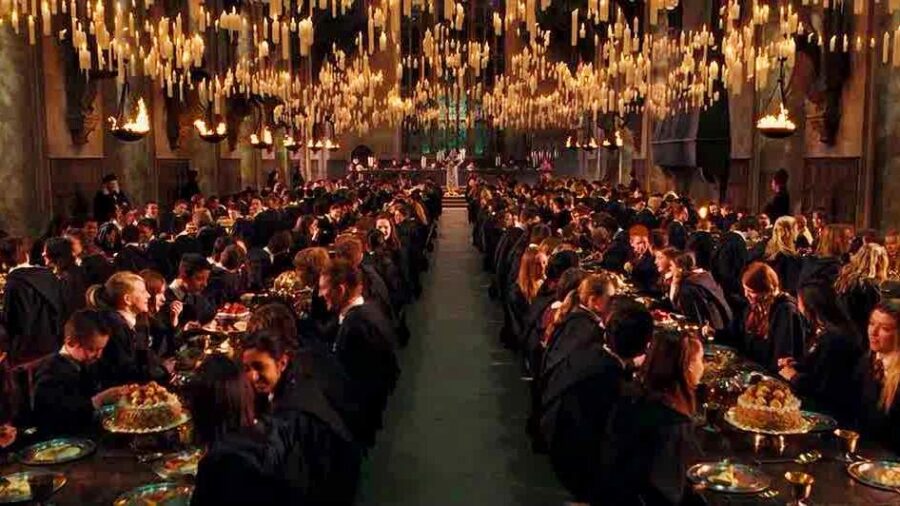
Last summer, MAX announced the plan to reboot the Harry Potter franchise. This was immediately met with mixed reactions from fans, for reasons ranging from a preference to tell new Wizarding World stories (like a Murarder’s prequel) to boycotts on the brand because of the controversy created by She-Who-Will-Not-Be-Named. But no matter how you feel about a Harry Potter reboot, there is one good thing that can come out of it—it’s a chance to fix one of the franchise’s biggest problems: its lack of diversity.
Fans Have Questioned The Lack Of Diversity Since The Beginning
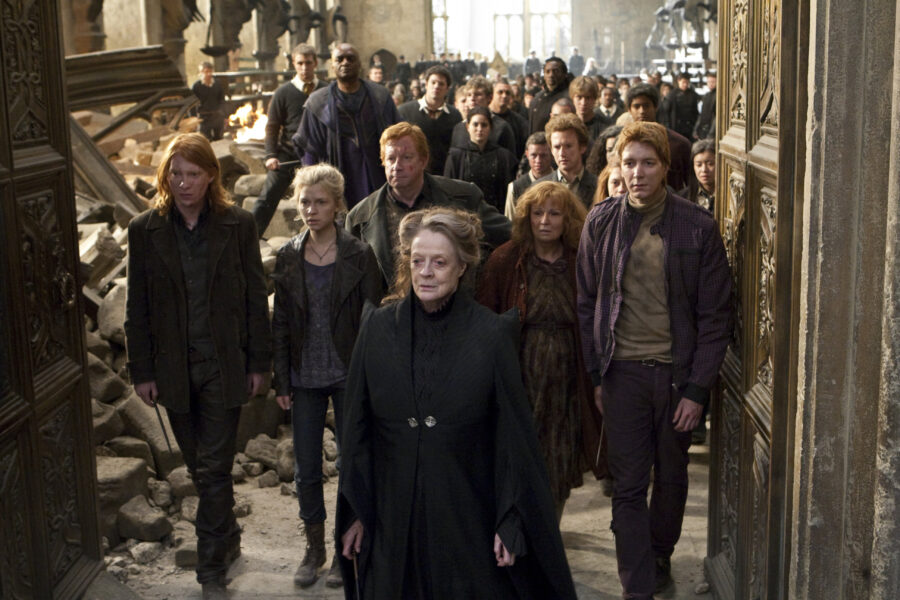
Since its inception in the 90s, the Harry Potter franchise has captivated audiences worldwide with its magical storytelling and enchanting characters. Yet, as beloved as the series is, it has not been immune to criticism, particularly regarding its lack of diversity and representation. As MAX prepares to resurrect Harry Potter as a TV series reboot, there is an unprecedented opportunity to address these shortcomings and champion inclusivity in the wizarding world.
Dumbledore Is Gay Off-Screen And Never On
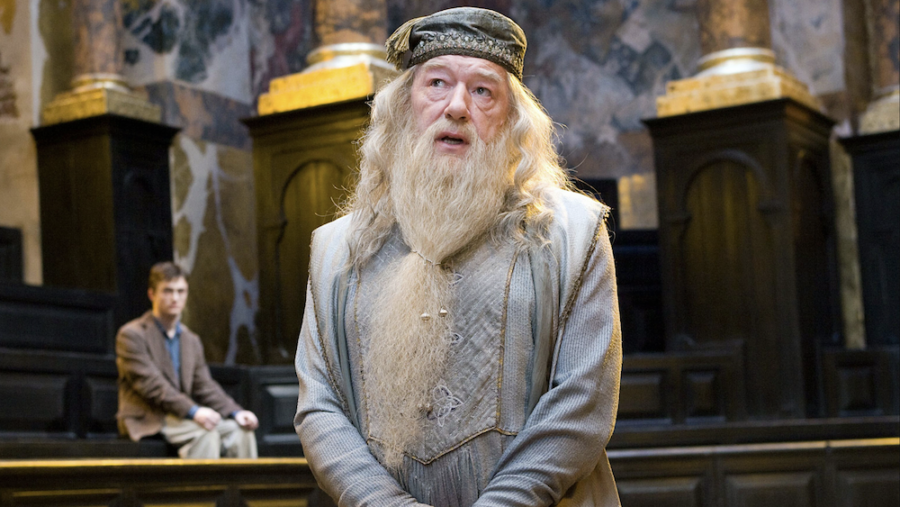
In examining the original Harry Potter films, one cannot ignore the lack of diversity in casting choices. From the main characters to the supporting roles, the majority of the cast was predominantly white. This lack of representation extended beyond race, with limited (read: zero) visibility for LGBTQ+ individuals, people with disabilities, and other marginalized groups. For many fans, this omission diminished the sense of inclusivity and resonance they felt with the magical universe, and it’s something easily fixed in the Harry Potter reboot.
Harry Potter And The Inclusive School
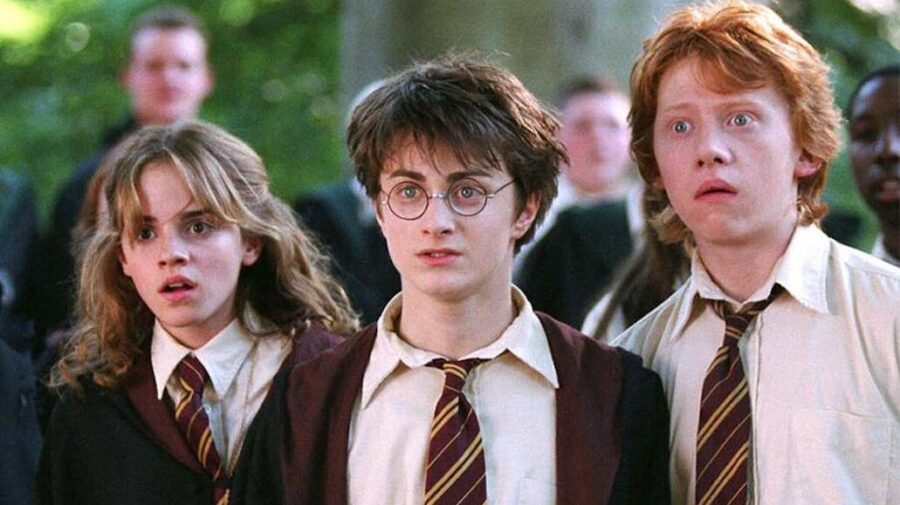
With the Harry Potter reboot taking the form of a TV series, creators now have the opportunity to rectify past shortcomings and embrace diversity in all its forms. The extended format allows for more nuanced storytelling and character development, presenting the chance to cast a diverse range of actors in leading roles, supporting characters, and background roles. By actively addressing issues of representation, the reboot can weave diverse storylines, perspectives, and experiences into the fabric of the wizarding world.
Representation Matters
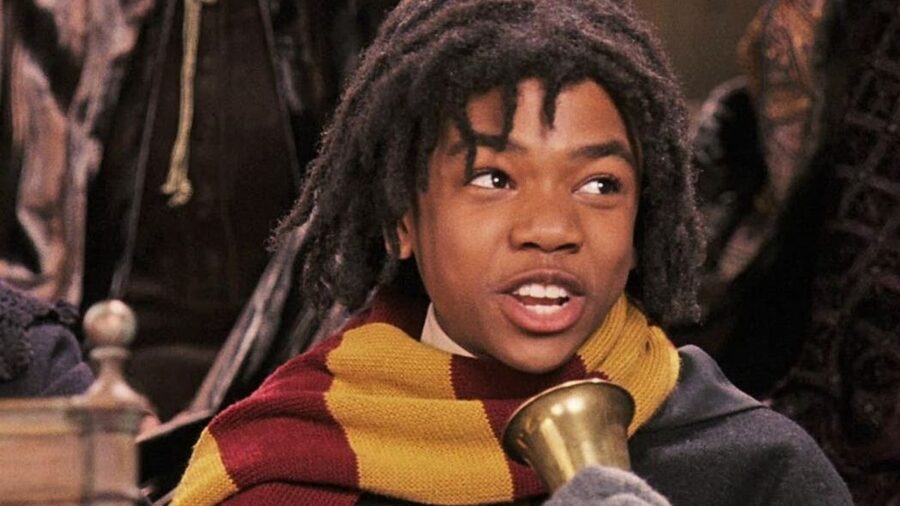
Authentic representation in media is more than just a matter of tokenism; it’s about seeing oneself reflected in the stories we consume. For individuals from underrepresented communities, seeing characters who look like them, share their experiences, and navigate similar challenges can have a profound impact on self-esteem and cultural identity. The Harry Potter reboot has the opportunity to set a precedent for inclusive storytelling, demonstrating the power of representation to inspire and empower audiences.
Harry Potter Is A Cultural Touchstone
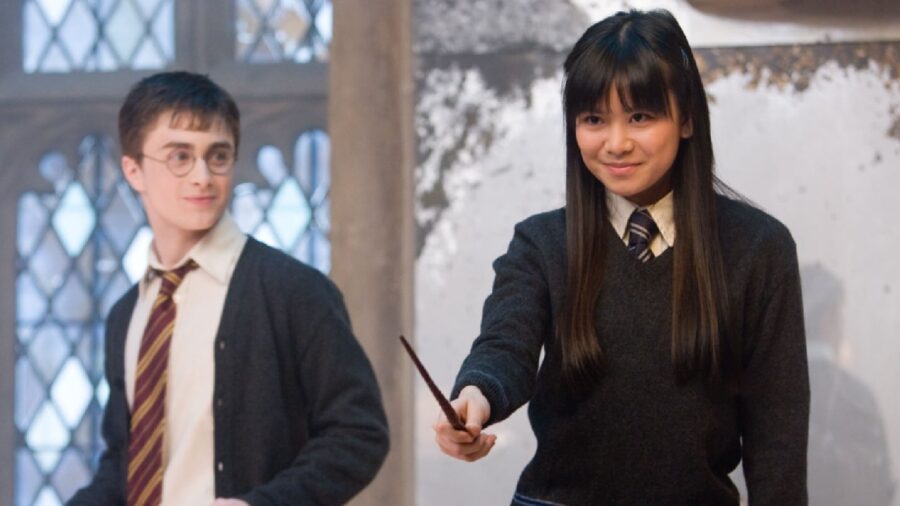
It’s especially important for the Harry Potter reboot to become a leader in inclusion and diversity because of the franchise’s status as a cultural phenomenon with an unparalleled reach. With millions of fans worldwide spanning generations, the series holds a significant influence over popular culture and has become a cornerstone of literary and cinematic history. By embracing diversity in its characters, storylines, and themes, the new Harry Potter has the potential to inspire positive change and perhaps rectify some of the damage You-Know-Who has caused with her platform over the past few years.
A Bigger Broader Wizarding World
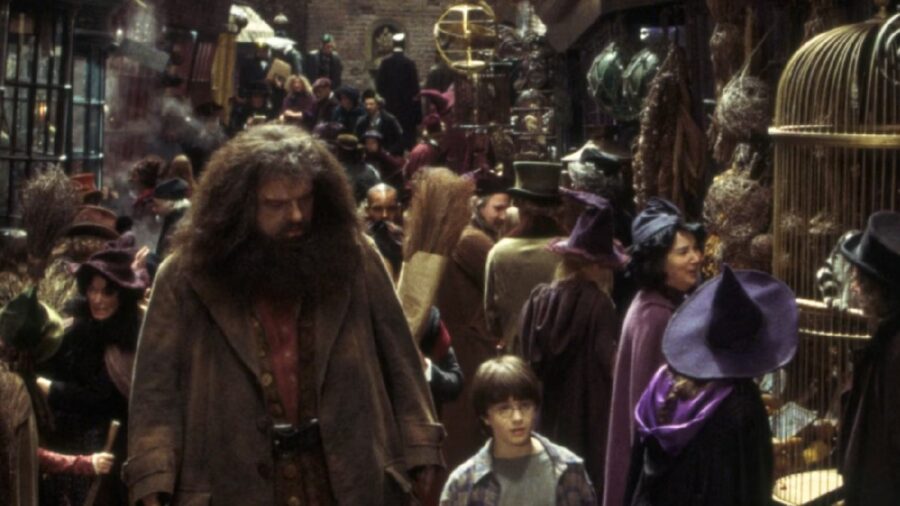
Moreover, for many fans, the magic of the wizarding world lies not only in its spells and enchantments but also in its reflection of the rich tapestry of humanity. Therefore, by celebrating diversity, the Harry Potter franchise can resonate more deeply with its audience, reinforcing the message that everyone, regardless of race, gender, sexual orientation, or ability, deserves to see themselves represented and valued in the stories they love.
A Reboot Is An Opportunity To Change
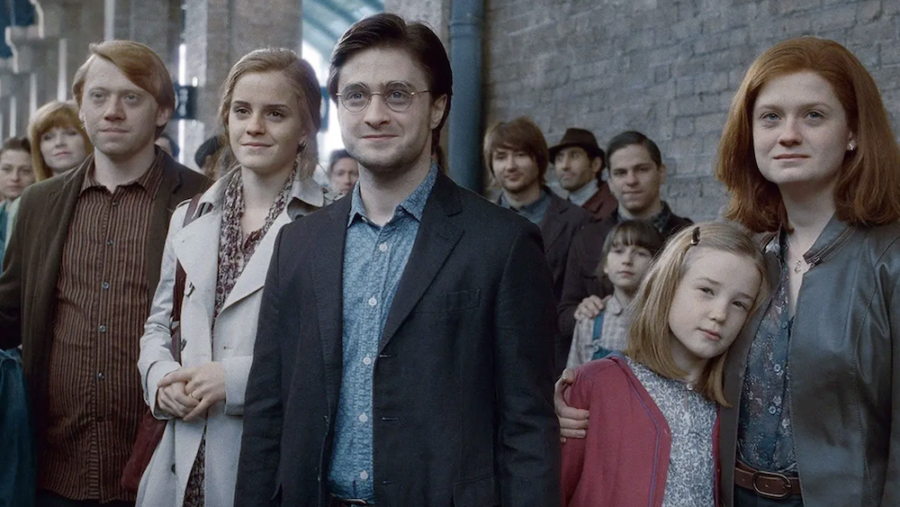
As the Harry Potter reboot takes shape, it holds the potential to impact future generations of fans in profound ways. By embracing diversity and representation, the series can contribute to larger conversations about inclusivity and equity in media. Beyond the wizarding world, it can catalyze change, inspiring creators and audiences alike to champion diverse perspectives and advocate for authentic representation across all forms of storytelling.










